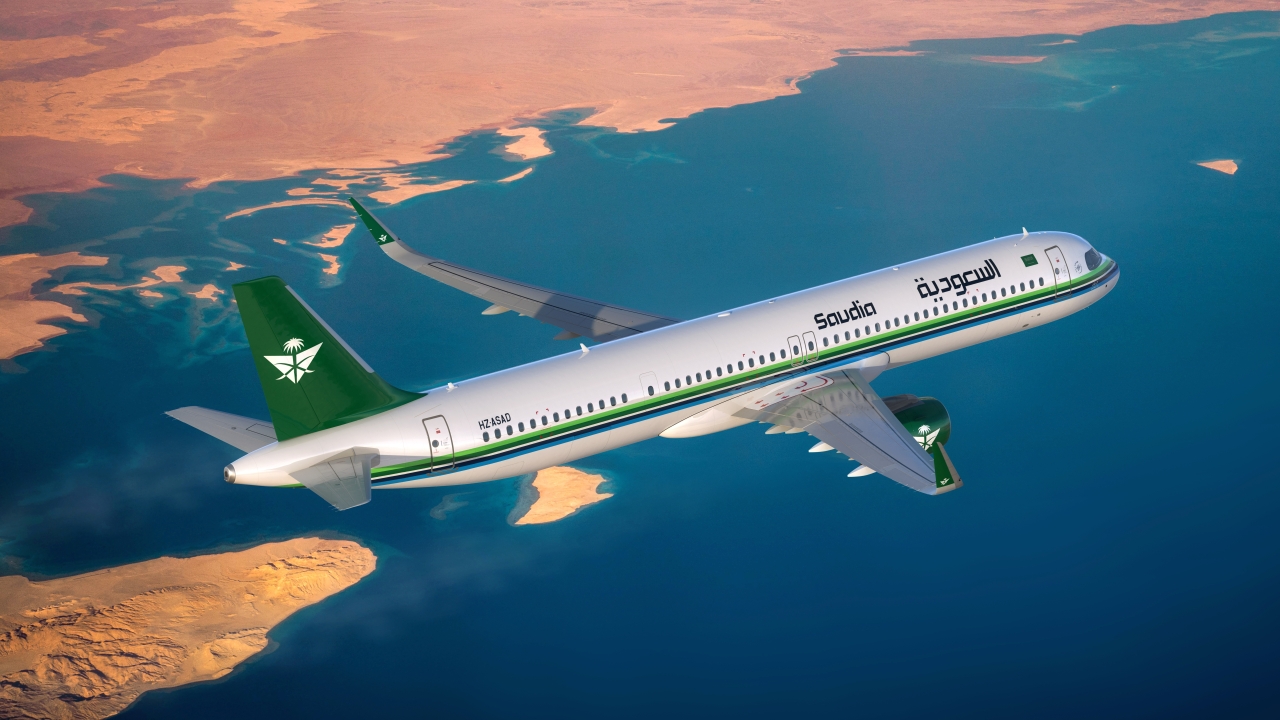Global Space and Satellite Forum (GSSF), Abu Dhabi, 9-11 May 2011

It will also look at the far-reaching development of satellite technology, which is benefiting industries from climate and weather forecasting to security, banking and healthcare. This could potentially connect isolated communities across the MENA region stimulating economic activity and creating high-tech jobs.
“This sector is niche and yet it touches all of us in one way or another. The broader commercial opportunities are limitless especially with a myriad of new and upgraded downstream applications now coming on to the market,” said Nick Webb, Director, Streamline Marketing Group, organisers of the Global Space and Satellite Forum (GSSF) 2011.
During the common sessions on the first morning and the final session on day two, international and regional experts will examine key industry issues, the latest trends in launch services and the ever present space risks and mitigation. In between the common sessions the forum splits into joint or parallel sessions which run concurrently, entitled SpaceTECH and AdvancedSATCOM.
SpaceTECH will examine how public and private users are exploiting data from earth observation and how satellite technologies are coming together to deliver new opportunities. It will also outline the challenges facing remote-sensing and specialist value-adding companies as well as the environmental parameters required.
“The global market for high-resolution land imaging and related value-added services is projected to exceed $5 billion by 2013. In an attempt to capitalise on this, government and commercial satellites are competing to provide data to an array of users, making receivers smaller, more efficient and more affordable,” added Webb.
AdvancedSATCOM will focus on the growing numbers and increasing range of services and applications for consumers and companies alike. Through satellite-based telecommunications development, service providers and end-users are creating state-of-the-art products and advanced services benefiting from the increased capacity and throughput, better frequency coordination and extended reach.
“Broadcast, VSAT, satellite broadband and other satellite-based services are becoming even more relevant to the MENA region. Local and national governments have picked up on the need to complement terrestrial communications infrastructure with satellite systems,” said Ulrich Kiebler, SES-ASTRA, Abu Dhabi.
“Connecting especially isolated areas via satellite can stimulate local economies, help to create jobs and further improve living standards. Advances in technology also means national satellite systems bring important jobs and know-how to the region,” added Kiebler.
Particular attention will be paid to the issues pertinent to customers and end-users including their requirement assessments. Operational and performance audits, satellite selection and network rollout tactics will also be under review.
To date GSSF has already attracted some of the biggest names in the industry, such as UAE Space Reconnaissance Centre, NASA, Emirates Institute for Advanced Science and Technology, UAE Telecommunications Regulatory Authority and the Environment Agency Abu Dhabi, which have all confirmed their support.
For more information see www.gssforum.com
Stay up to date
Subscribe to the free Times Aerospace newsletter and receive the latest content every week. We'll never share your email address.

